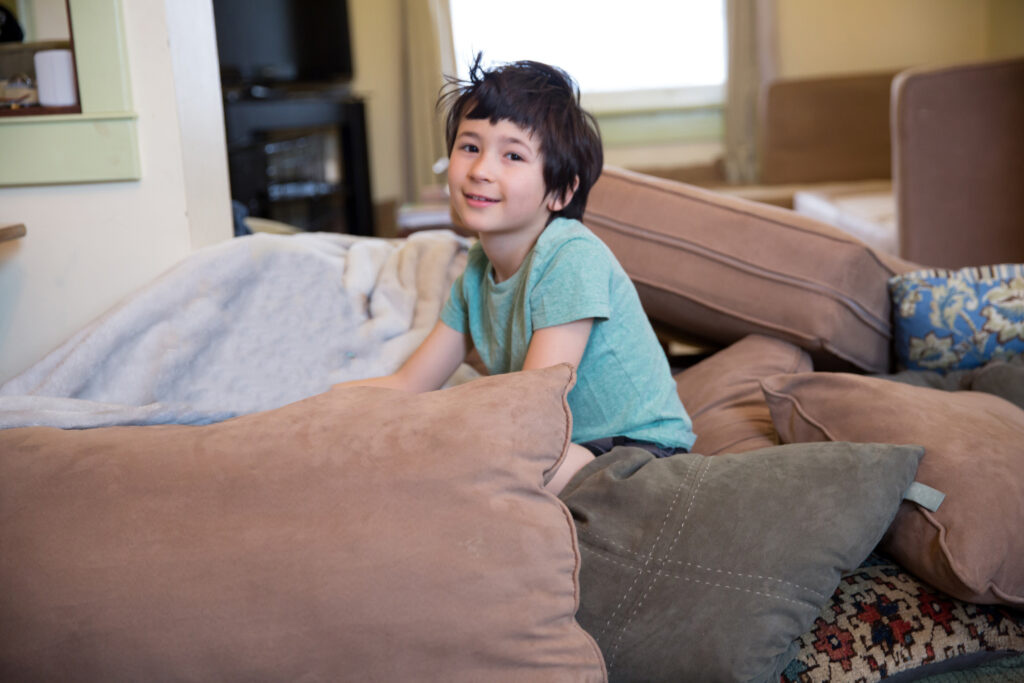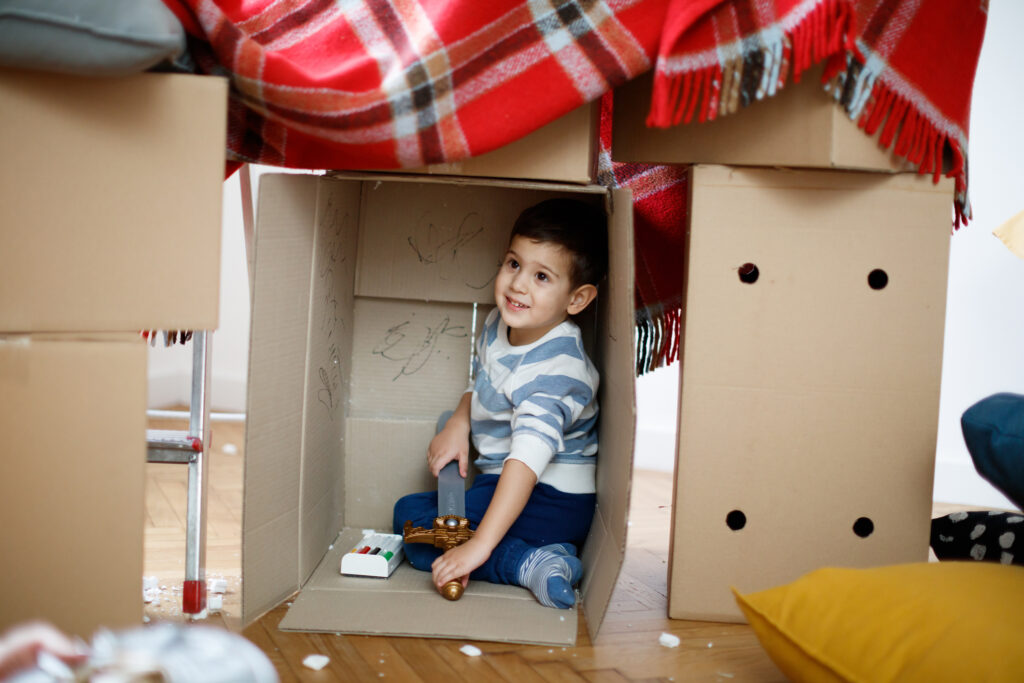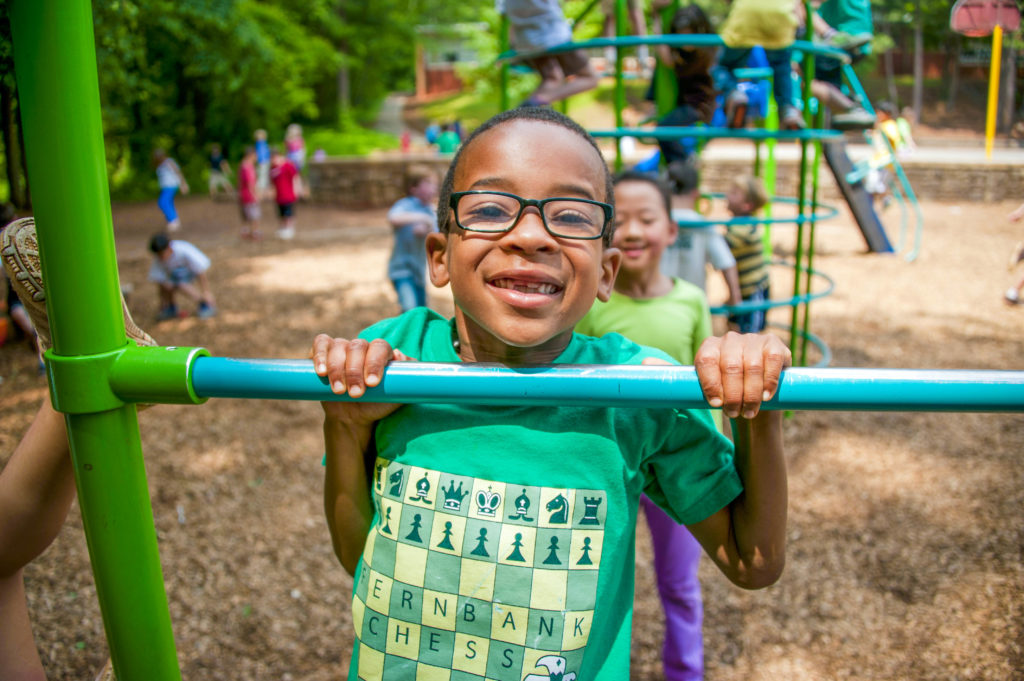February 16, 2026
5 Simple and Fun Imaginary Play Ideas for Kids with Autism this Summer
FEATURED POSTS
February 2, 2026
January 27, 2026
By Laura Squiccimara, BCBA, MS
Assistant Clinical Director, Northeast Region, Behavioral Concepts (BCI)
Are you dreading the upcoming summer break because you worry about your child not having enough to do at home? For parents and caregivers of kids on the autism spectrum, that’s a common worry.
Long school breaks can disrupt your family’s routine, and children with autism often rely on schedules and predictability to feel secure and comfortable in their environment.
Changes at the end of the school year can be difficult to manage but have no fear. We’ve gathered simple, practical ideas for keeping your child engaged this summer. But first, let’s create a sense of consistency and structure.
Planning ahead and creating a schedule with specific activities for each day can help your family maintain a routine. By doing this, you’ll create a balance between structured and unstructured activities.
You can incorporate sensory play, arts and crafts, and fun outdoor activities into your summertime routine. Here are five ideas you can add to your list:

1. Mountain Explorers
This activity requires minimal preparation. To get started, gather some pillows, blankets, and cushions to create “mountains.” Help your child line up and stack the items in a way that resembles a mountain range.
Once your mountain range is complete, grab your gear and go exploring. This is a great way to encourage your child to use their imagination and pretend they’re hiking, camping, or climbing to the top of a mountain peak.
Practice taking turns, following someone else’s lead, and discussing your expedition with your child. You can even create lasting memories by snapping some pictures and placing them in an album that you can add to all summer long.
2. Dress Up
Dressing up is a classic activity that never goes out of style. It’s an excellent way to use old clothes* you might otherwise donate. To get started, gather your well-loved shirts, pants, hats, shoes, and accessories, and lay them out on a table or bed. Now you’re ready to use them in a game of dress-up.
Have your child pick an outfit and then play out different scenarios or even have a fashion show. You also could have a contest to see who can come up with the silliest, most mismatched outfit. This is a great way to work on daily living skills. Your child can practice putting on and taking off clothes, choosing appropriate clothing, and even learning how to fasten buttons and zippers.
*Keep in mind that some children with autism have sensory issues with clothing. You know your child best and what types of clothing materials they prefer. This could also be a way to introduce new materials that your child might like.

3. Pots and Pans Band
Start your very own home band this summer. To do this, all you need are some common household items like pots, pans, and spoons.
Explore different utensils such as wooden spoons, plastic spoons, and rubber spatulas to see how the sounds and tones change with different materials.
Encourage your child to create new beats and follow along with rhythms that you create.
You can challenge your child to a game to see who can repeat the longest beat, play the most recognizable song, or try to play as loud* or softly as possible.
This activity not only encourages creativity and imagination but also enhances important cognitive skills such as pattern recognition, memory, and fine motor skills. So, gather some pots and pans and let the music-making begin.
*Again, every child with autism exhibits different sensory sensitivities to sound. Your child might not enjoy this activity due to sensitivities, and that’s okay. Or, if your child seems interested but is sensitive to sound, they can try wearing headphones.
4. Hometown Restaurant
Hometown Restaurant is a fun and exciting activity that lets your child use their imagination while learning important life skills.
To start, gather some kitchen utensils, plates, bowls, cups, and pots and pans to create an in-home restaurant. You can use play food or gather simple no-bake ingredients so your child can create snacks and meals for the family.
Help them take orders, gather ingredients, “cook” their meals, and serve them to family members. They can even practice cleaning up when finished (wink wink).
Hometown Restaurant enhances creativity and improves important life skills, including problem-solving, communication, and social skills. Put on your aprons, and get ready for an unforgettable dining experience.

5. Box City
Here’s a way to put your delivery boxes to good use. Gather boxes of all shapes and sizes and help your child cut, glue, tape, stack, and arrange them however they like.
If you have big boxes, you can even create a fort. Otherwise, create a town or city for your child’s dolls, action figures, or favorite stuffed animals.
Try taking turns as the architect and builder to practice following directions and taking play suggestions. This activity presents endless opportunities for your child to ask for help, problem solve, and work together.
Boredom Is Your Imagination Calling to You
Refuse to be boring. Teach your child to use their imagination with activities that will keep them engaged. These activities promote creativity, imagination, communication, and problem-solving skills.
With these activities up your sleeve, your child will have a summer filled with adventure, learning, and fun. Get ready to watch your child grow in ways you never thought possible.
Laura Squiccimara, BCBA, MS, is the assistant clinical director of the Northeast region of Behavioral Concepts (BCI). BCI is part of LEARN Behavioral, a national organization dedicated to nurturing the unique potential of children with autism.











